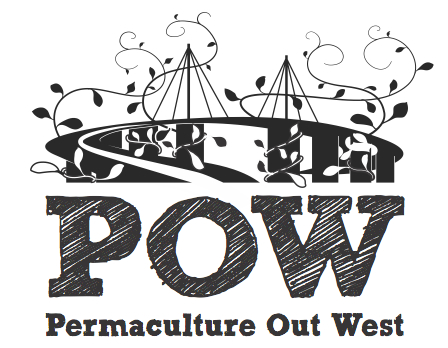SEE FOR ALL DETAILS http://www.abc.net.au/news/stories/2010/03/22/2852292.htm?site=news
By Brigid Andersen
Updated Mon Mar 22, 2010 10:27am AEDT
Veg Out’s one-acre block now caters for up to 700 families, individuals and community groups. (www.vegout.asn.au)
RELATED STORY: Buy local, sink the export industry: researcher
RELATED STORY: Govt urged to nurture suburban food bowls
RELATED LINK: Follow Hunger Pains on Twitter
If you’re thinking of starting a community garden, gather a big group of people and get ready to work hard, both on and off the land.
That’s the advice of Rob Taylor, president of Veg Out community garden in Melbourne.
Conceived following the closure of St Kilda Bowls Club in 1998, Veg Out’s one-acre block now caters for up to 700 families, individuals and community groups.
It has become a model for community gardens all over Australia.
Mr Taylor says local governments are often opposed to community gardens and it can take a lot of work to get plans for such projects approved.
He says the first step to getting approval for a garden is to get a community group together.
“What they need to do is get a lot of people involved and they need to go and look at other community gardens, have a barbecue, have a beer, get a big group of people together, then start approaching local council and stuff like that,” he said.
“You can just disappear into a mindless morass of bureaucracy. Planning processes just go on for years and years and years.”
He says parklands, vacant blocks and land owned by businesses can all be used to grow fruit and vegetables.
But he warns that a lot of work goes into maintaining a community garden.
“You’ve got to use your garden, it can’t be some abstract concept or a fashion accessory. It’s a garden and you’ve got to grow stuff,” he said.
“Stuff grows for a few months, then it needs to be pulled out and replaced. The soil needs to be built up and garden edges need to be built up and you need to harvest water. It just goes on and on.”
He says understanding the seasonality of produce is key to ensuring a decent harvest.
“Obviously you need to time it so there’s no gap between seasons where you’ve got [no produce] coming out. I mean you won’t be getting any basil in winter, but if you can deal with that trauma you should be alright.”
He says people easily feed themselves from their gardens at Veg Out.
“You look at a city like Melbourne or Sydney – I don’t know if you’re going to grow enough food in community gardens to feed all the people, but what you do is you become like a beacon and we get people all the time. They go: ‘Oh that’s how you grow that. What about the soil? How do I build these raised beds?’,” he said.
“We put in solar power and water tanks and all this stuff and people are always coming down and asking questions or taking photos.”
Mr Taylor says many people are realising the benefits of growing food in the city.
“There’s all kinds of health benefits that aren’t necessarily just about food. There’s social benefits of people getting together and there’s certainly the food benefits,” he said.
Mr Taylor says Veg Out has also been a boon for local community groups, which have reaped about $150,000 from the garden’s fund-raising activities.
“We have all these other events, like Christmas carols, or Carrots by Candlelight we call it,” he said.
“We run a farmers market. We have 50 or 60 stalls, farmers from all over Victoria, once a month and we get thousands of people at that.
“So that gives us an income. And we support all these other groups in the community from schools to lifesaving clubs.”
